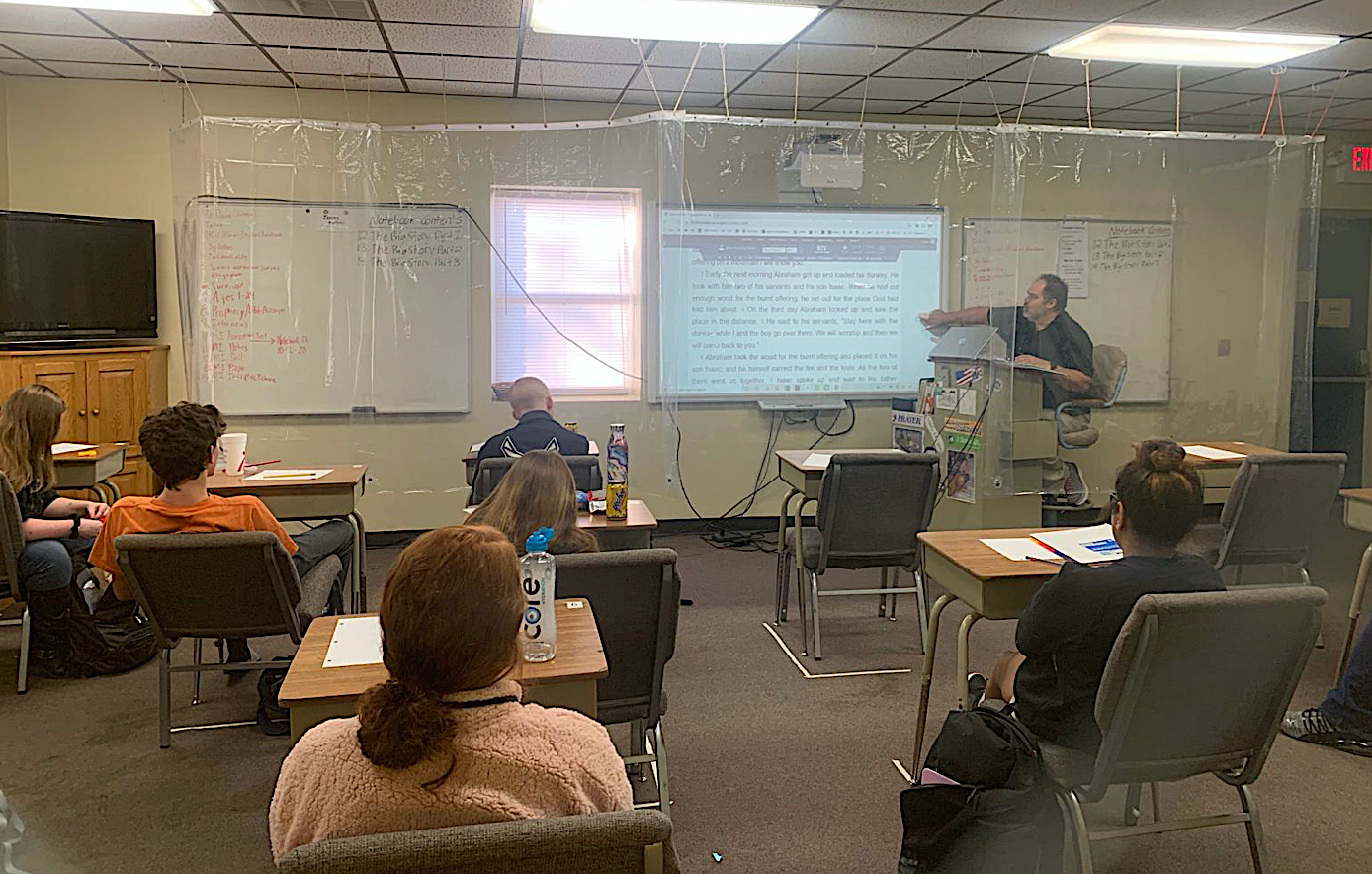
High-stakes standardized tests like the Georgia Milestones will have negligible repercussions on students’ final grades following a unanimous vote from the State Board of Education Monday.
The vote is a victory for State School Superintendent Richard Woods, who called for the tests’ weight to be reduced from the usual 20% to .01% after U.S. Education Secretary Betsy DeVos told states she would not approve waivers to cancel standardized tests as she did in the spring when COVID-19 came to the U.S., prompting school shutdowns.
The school board pushed for a compromise with Woods, voting in October to lower the tests’ impact to 10% of students’ final grades, with some board members arguing reducing the score to next to nothing would disproportionately harm children in poverty and put to waste the hard work of students and teachers during a tough school year.
But the board members scuttled that plan after a survey showed broad public support for shrinking the weight of the tests as much as possible.
In the survey of more than 93,000 people, about 86% said the tests should be weighted at .01%.
“I wish to thank the State Board of Education for their unanimous support of this proposal,” Woods said in a statement after the board’s vote. “I firmly believe this is the right thing for kids – we must ensure students and teachers are not penalized for circumstances beyond their control.”
Alpharetta mother of six Carole Veschy took her children out of public school and enrolled them in an online school because members of the family have health problems putting them at risk from the virus.
One of Veschy’s children, a high school freshman, is enrolled in classes that factor the Milestones into the final grade.
Even in his online school, if the tests counted for their normal weight, he would be required to take the test in-person at a university testing hall or lose 20% off of his final grade.
“He’s competing for good grades to get scholarships at college even at this level, so I would have to begrudgingly send him in, because it would tank his grade,” she said. “I mean, when it’s worth 20%, if you don’t go in, it’s a zero, right? A zero is hard to come back from.”
With the tests counting for a fraction of a percent, Veschy’s choice will be much easier.
“We’ll just skip it,” she said.
Standardized testing has drawn criticism from parents and educators since before the pandemic. In 2018, Woods campaigned on having overseen the largest reduction in standardized testing in state history since he was first elected in 2014.
“I continue to believe, and we continue to see indicators, that Georgia’s commitment to compassion over compliance from the onset of this pandemic has been the right path to take,” Woods said. “As I’ve said since the beginning, who we are will be measured not by a test score, but by how we meet this moment, which is why we plan to resubmit our request for federal testing and accountability waivers to the U.S. Department of Education.”
This article appears in partnership with Georgia Recorder






